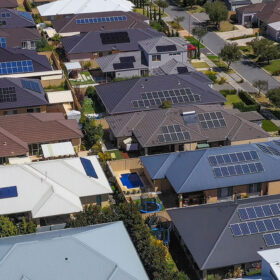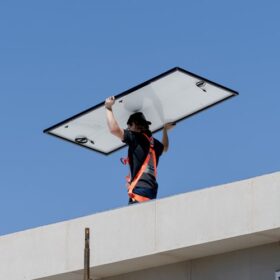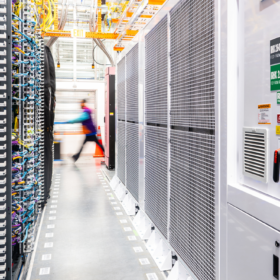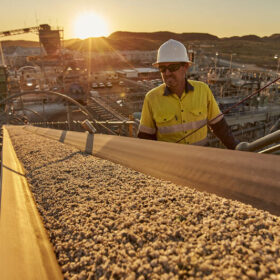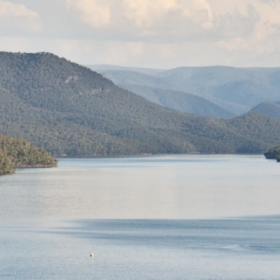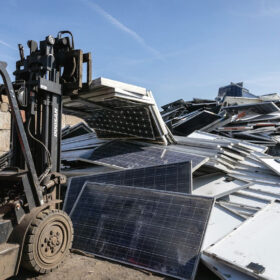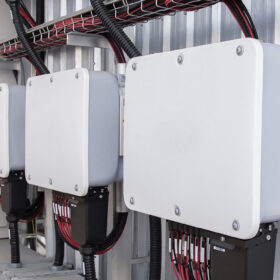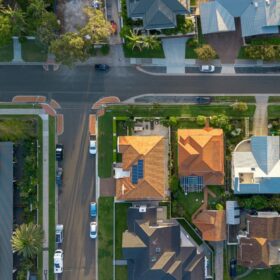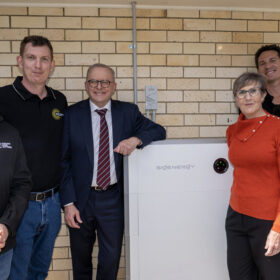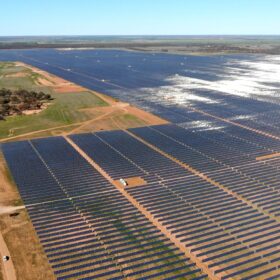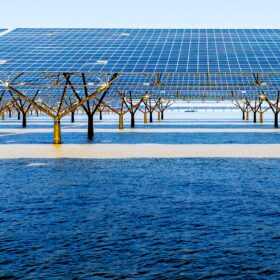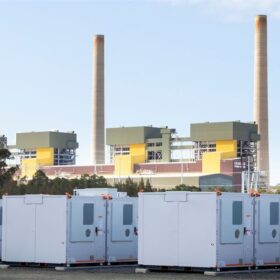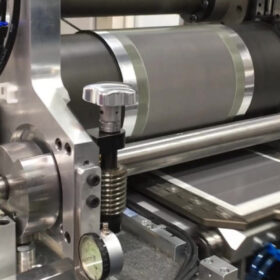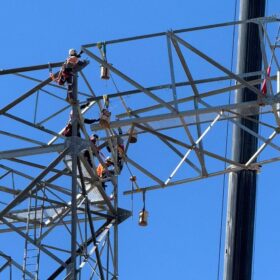Three hours of free power sounds great – but it could raise other costs and hamstring rooftop solar
It was the news that rippled around the nation – and then the world: at least three hours of free grid-supplied electricity for Australian households, every day.
Why resilience won’t future-proof Australia’s supply chains
The last five years have placed unprecedented strain on global supply chains. Geopolitical tensions, trade wars, natural disasters and the global pandemic have revealed vulnerabilities across industries.
What the AFR Summit missed about data centres and the grid
The AFR Energy and Climate Summit focused on demand and AI’s impact on the grid, but the real question is being overlooked: how do we connect data centres without repeating past mistakes in the energy transition?
Accelerating innovation through collaboration: a sustainable future for Australia’s resources sector
Director of CSIRO Mineral Resources Dr Louise Fisher reveals how collaboration across research, industry and government is driving decarbonisation, digital transformation and the development of sustainable, globally competitive supply chains for critical minerals.
White elephant? Hardly – Snowy 2.0 will last 150 years and work with batteries to push out gas
When Snowy 2.0 is in the news, it’s usually about money. The cost of the huge project has gone well beyond the initial $6 billion estimate and will now cost more than $12 billion.
PV module recycling gains momentum as waste volumes surge globally
A comprehensive new report from IEA PVPS Task 12 reveals how countries around the world are managing the growing volumes of end-of-life solar modules, implementing regulations and scaling recycling infrastructure to handle the expected increment in PV waste over the coming decades.
Improving solar inverter design with silicones
Inverters must withstand the high levels of heat generated when operating, otherwise system performance and reliability could be at risk. Cody Schoener of Dow Performance Silicones argues using silicone-based materials for inverters can improve thermal management and fire protection, while offering thermal stability, environmental resistance, electrical isolation and support for operational efficiency.
‘Use or lend’ program to open up Australian rooftops for solar rollout
Australians love rooftop solar power. About 4 million homes have solar panels on their roofs, and we generate more solar energy per person than any other country. But affordability pressures on homeowners are holding them back from installing rooftop solar on millions of homes. Without this, Australia could struggle to meet its goal of generating more than 80% of electricity from renewables by 2030.
Dealing with demands of power-hungry data centres
The Australian Energy Market Operator estimates data centres will consume 6% of Australia’s grid-supplied electricity by 2030. To put that in context, that’s more than the current share of Australia’s healthcare and social assistance industry. The power-hungry nature of these facilities presents major problems for the energy grid.
Batteries now key fixture of Australia’s decarbonisation roadmap
Millions of Australian households with rooftop solar are now rapidly adding batteries to maximise their generation and regain control over escalating power bills. This is energy democracy in action, with batteries becoming a key fixture of Australia’s decarbonisation roadmap.
